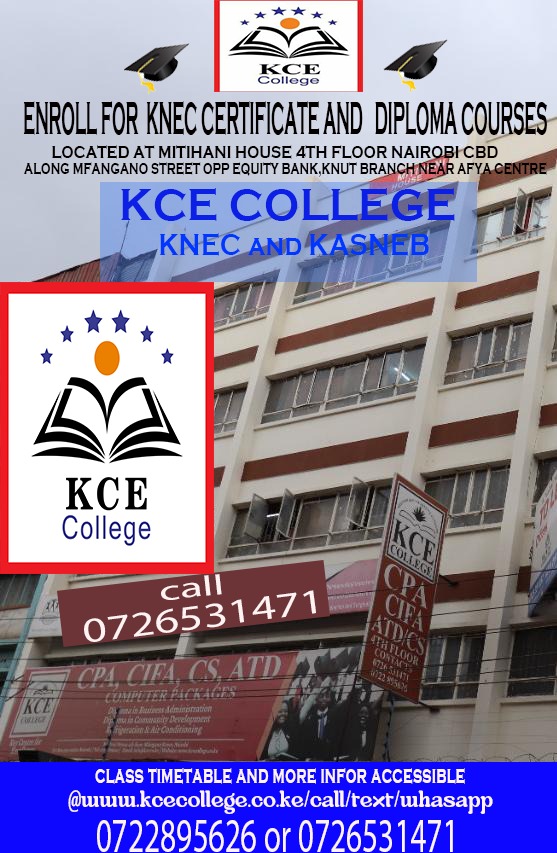Table of Contents
PAPER NO.16 STRATEGIC MANAGEMENT
GENERAL OBJECTIVE
This paper is intended to equip the candidate with the knowledge, skills and attitudes that will enable him/her to effectively undertake strategic management responsibilities in an organisation.
LEARNING OUTCOMES
A candidate who passes this paper should be able to;
- Explain the concepts of strategy, strategic management and strategic management process
- Analyse an organisation’s environment and its impact on strategic decisions
- Develop and implement a strategic plan
- Demonstrate an ability for critical and strategic thinking
- Effectively react to and incorporate emerging issues in strategic Management
CONTENT
Concept of strategy and strategic management
- Meaning ,essence, nature and scope of strategy
- Characteristics and importance of strategy
- Mintzberg’s 5p’s of strategy
- Levels/hierarchy of strategy
- Criteria for effective strategy
- Strategic decisions
- Strategic management;
- Meaning, key terms, aspects and tasks
- Management versus strategic management
- Scope of strategic management
- Components of strategic management
- Strategists – their roles and levels
Strategic management process
- Key terms in strategic management
- The nature and value of strategic management
- Steps in the strategic management process
- Benefits of strategic management
- Limitations of strategic management
External Analysis
- The concept and characteristics of environment
- Purpose of environmental analysis
- Meaning and components of the external environment
- Micro environmental analysis
- Macro environmental analysis
Strategic management tools and techniques
- SWOT analysis
- Gap analysis
- PESTEL
- Porter’s five forces model
- Strategic groups
- Strengths, opportunities, aspirations and results (SOAR)
- BCG matrix
- Balances scorecard
Internal analysis
- Meaning and components of the internal environment
- Significance of internal analysis
- Competitive advantage
- Value chain
- Value system
- Core competency
Strategy formulation/ strategic planning
- Meaning of strategy formulation/strategic planning
- Types of strategy
- Organisational vision and mission
- Organisational goals and objectives
- Steps in strategy formulation
- Development of corporate strategy and business strategy
- Development of functional strategies
- Strategic options
- Strategy formulation constraints
- Competitive advantage
Strategy implementation
- What strategy implementation involves
- The relation between implementation and formulation of strategy
- Plans, programs and budgets
- Steps for effective strategy implementation
- Resource allocation
Monitoring and evaluation of strategy
- Purpose and role of strategic monitoring and evaluation
- Process of strategic monitoring and evaluation
- Tools of strategic monitoring and evaluation
- Role of management information systems
- Performance indicators
- Features of good strategic monitoring and evaluation systems
- Review and feedback
- Continuous improvement
Management of strategic change
- Levels at which change occurs
- Major types of strategic change –reengineering, restructuring and innovation
- Stages in the strategic change process
- Strategic leadership
- Managing organisation power and politics
- Business excellence model
- Learning organisation
- Lean management and benchmarking
Global Strategic Management
- Theoretical foundations of global strategic management
- International business environment crafting a global strategy
- Internationalisation of business
- Foreign market selection
- Foreign market entry and operations strategy
- Globalisation of business
- Multinational corporations (MNC’s )
Case studies on strategic management
Emerging issues and trends
Share through
